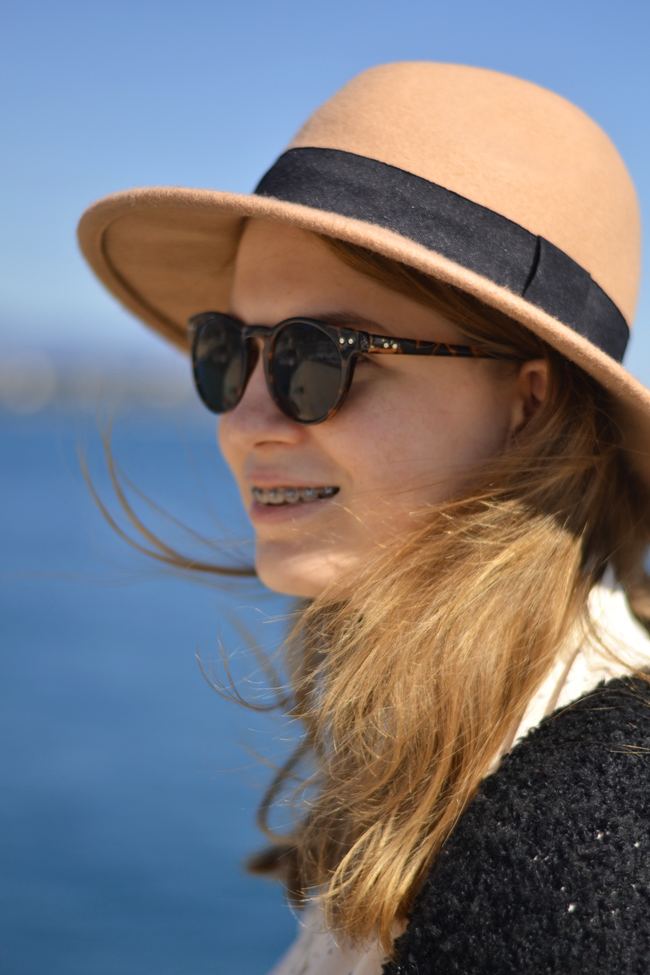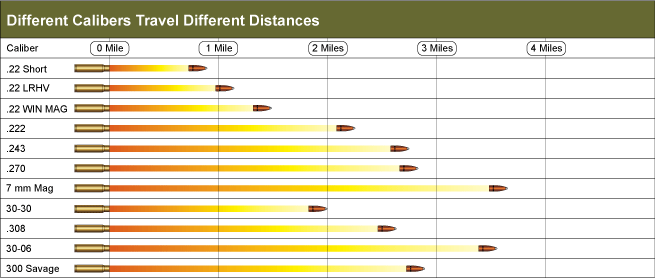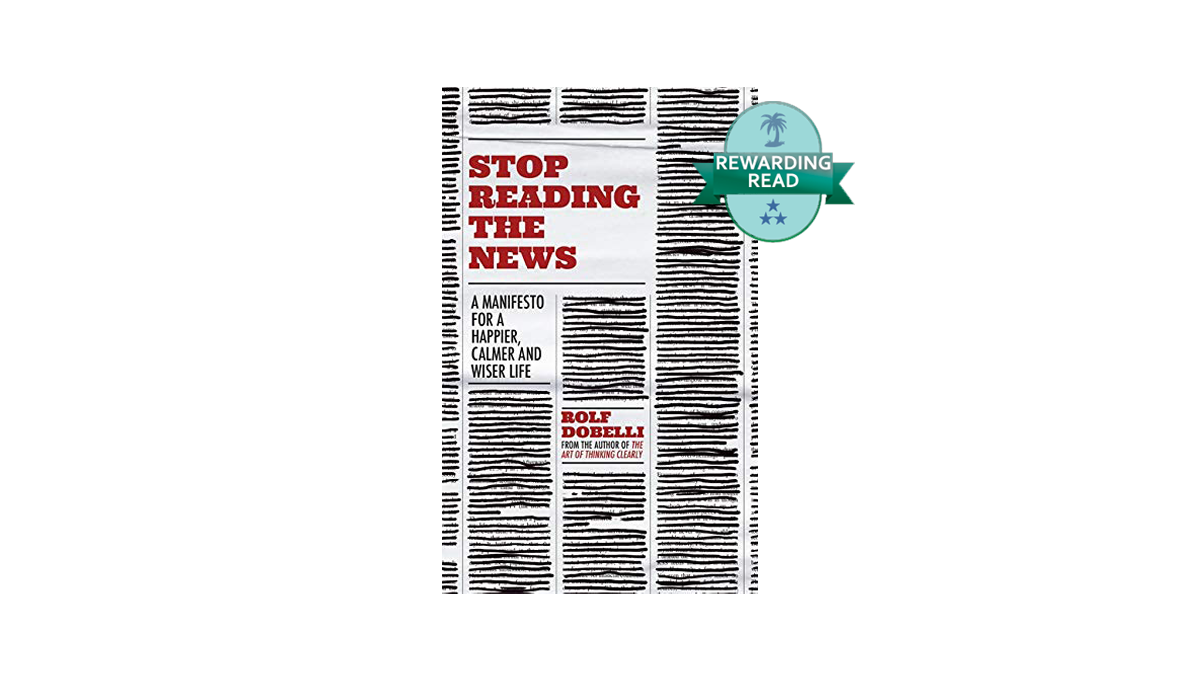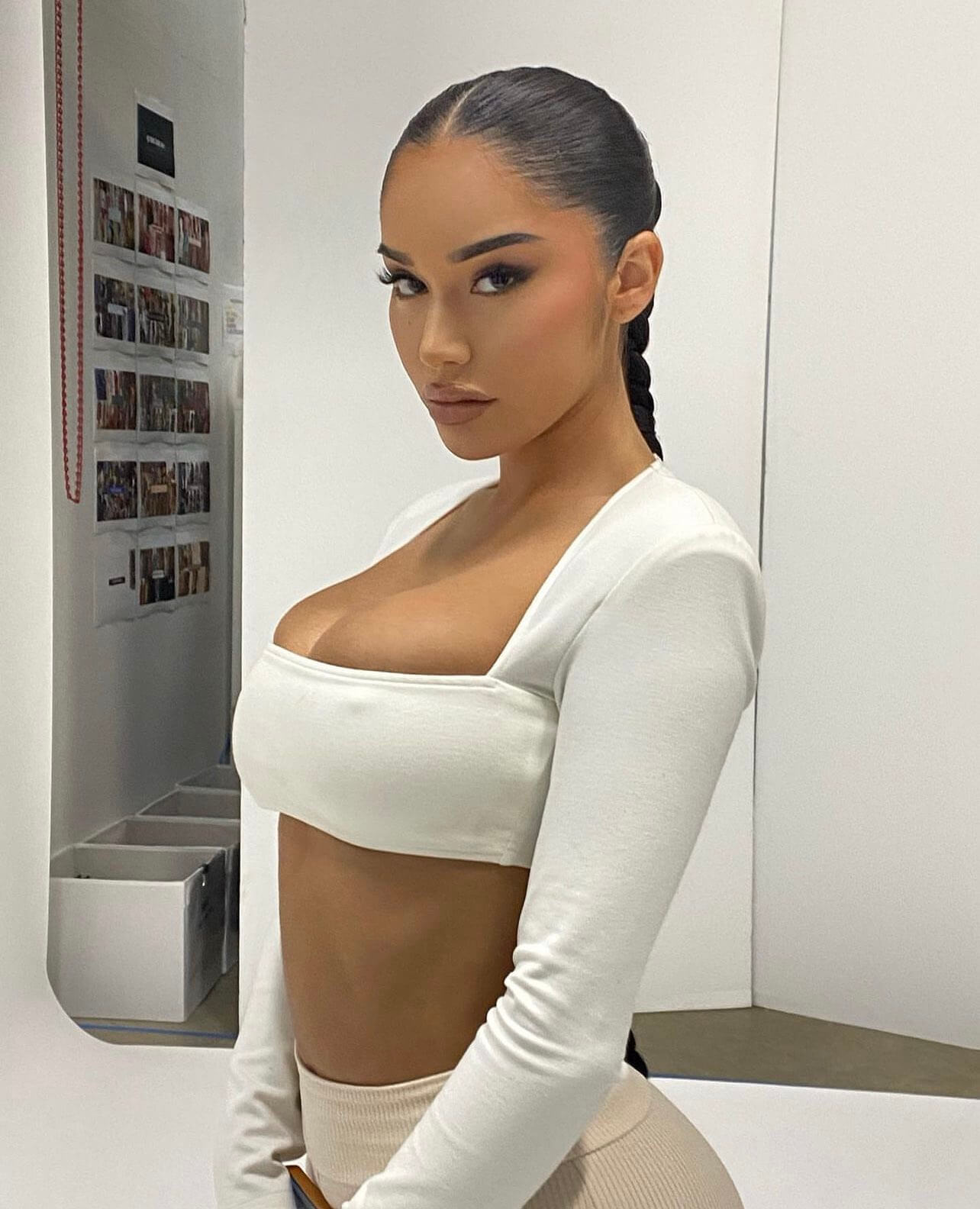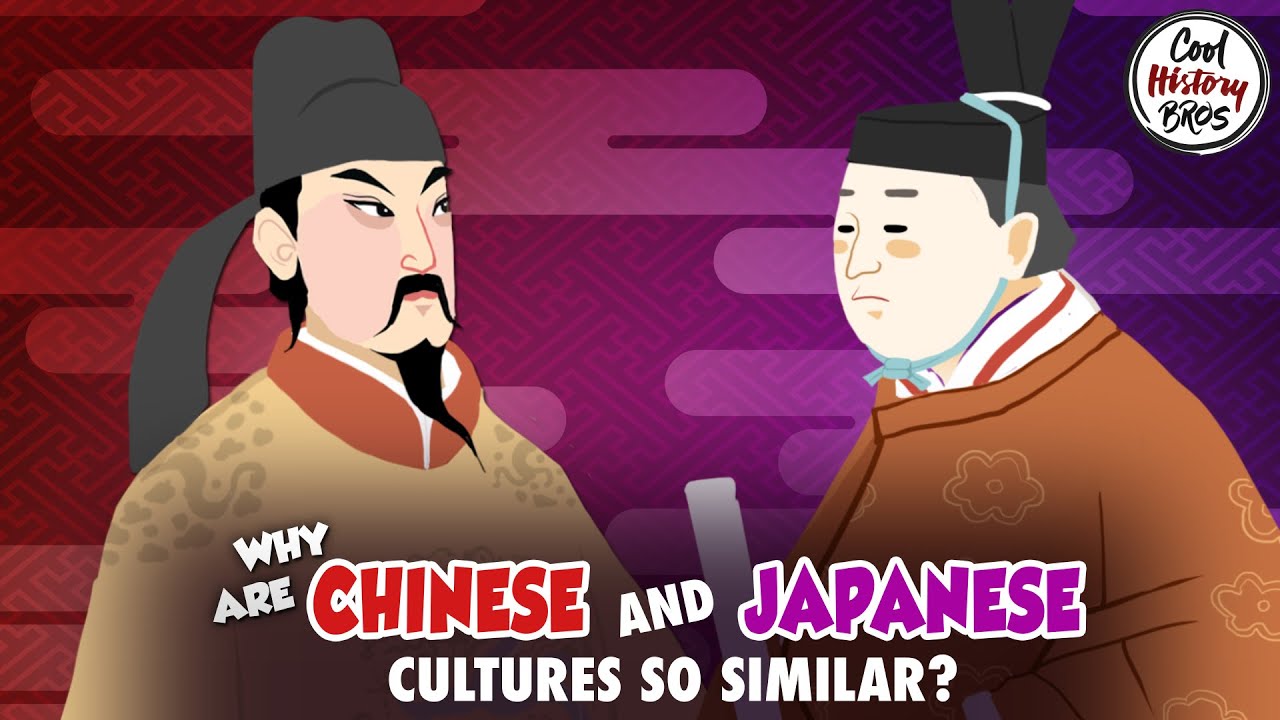Massimo Dutti: Fast Fashion or Sustainable Luxury?
Understand Massimo Dutti’s position in the fashion industry
When discuss fashion brands in today’s market, the distinction between fast fashion and sustainable or luxury fashion has become progressively important to conscious consumers. Massimo Dutti, a Spanish clothing brand own by the Inditex group (which too own Zara), ofttimes find itself in an ambiguous position in this conversation.
While Massimo Dutti share a parent company with one of the world’s near recognize fast fashion retailers, it’s positioning, pricing, and marketing suggest something different. This analysis examine whetherMassimo Duttiiunfeignedy qualify as fast fashion or occupy a different space in the fashion spectrum.
What define fast fashion?
Before determine Massimo Dutti’s classification, it’s essential to understand what characterize fast fashion. Fast fashion typically involve:
- Rapid production cycles (weeks sooner than months or seasons )
- Low production costs and affordable retail prices
- Quick turnover of trends
- High volume of new styles release oftentimes
- Oftentimes lower quality materials and construction
- Limited focus on sustainability or ethical production
Brands like H&M, evermore 21, and Zara have traditionally exemplified the fast fashion model, bring runway trends to stores at breakneck speeds and accessible prices.
Massimo Dutti’s business model
Massimo Dutti operate otherwise from typical fast fashion retailers in several key ways:
Price point
Massimo Dutti position itself at a higher price point than traditional fast fashion brands. While not luxury pricing, its products typically cost 30 50 % more than those at Zara or H&M. A basic shirt at Massimo Dutti might cost $60 80, compare to $$2040 at typical fast fashion retailers.
Design aesthetic
Unlike trend chase fast fashion brands, Massimo Dutti focus on timeless, classic designs with a European sensibility. The brand emphasize sophisticated, elegant pieces that remain relevant beyond a single season, feature more tailor silhouettes and refined details.

Source: fashiongonerogue.com
Collection releases
While fast fashion brands might release new items weekly or regular daily, Massimo Dutti follow a more traditional fashion calendar with seasonal collections. Though they do introduce new pieces throughout the season, the pace is perceptibly slower than true fast fashion retailers.
Quality and materials
Massimo Dutti broadly use higher quality fabrics than typical fast fashion brands. Natural materials like wool, cashmere, leather, and silk appear more oftentimes in their collections. The construction quality tends to be superior, with better finishing and attention to detail.
The Inditex connection: share supply chain realities
Despite these differences, Massimo Dutti’s ownership by Inditex mean it shares some supply chain characteristics with its fast fashion siblings:
Production speed
Inditex pioneer the vertically integrate supply chain that make fast fashion possible. While Massimo Dutti may not push new styles’ ampere speedily asZaraa, itbenefitst from the same efficient production network that allow for comparatively quick manufacturing and delivery.
Manufacturing locations
Like other Inditex brands, Massimo Dutti produce a significant portion of its clothing in countries with lower labor costs. Nonetheless, it does manufacture more items in Europe (peculiarly sSpain pPortugal and turkey )than typical fast fashion brands that rely intemperately on production in soSoutheast Asia
Scale and distribution
Massimo Dutti leverage Inditex’s massive global distribution network, allow it to operate with similar efficiency to fast fashion brands in terms of logistics and inventory management.
Sustainability efforts: how does Massimo Dutti compare?
Sustainability has become a critical factor in evaluate fashion brands, with fast fashion frequently criticize for its environmental impact.
Inditex group initiatives
As part of Inditex, Massimo Dutti participate in the group’s sustainability commitments, which include:
- The join life collection feature more sustainable materials and processes
- Commitment to use 100 % sustainable cotton, linen, and polyester
- Goals for reduce water consumption and eliminate hazardous chemicals
- In store garment collection programs for recycle
Relative sustainability position
Compare to ultra-fast fashion brands like shan or boohoo, mMassimo Duttiperform advantageously on sustainability metrics. Notwithstanding, when measure against genuinely sustainable fashion brands, significant gaps remain in transparency, circular design principles, and overall environmental impact.
The brand’s focus on more timeless designs inherently promote longer garment lifespans, which is more sustainable than speedily change trends. Yet, it stock still operates withinanessential growthth orient business model that encourage regular consumption.
The mid-market position: between fast fashion and luxury
Massimo Dutti occupy what industry analysts ofttimes call the” affordable luxury ” r “” emium high street ” ” ment of the market. This position the brand between true fast fashion and entry level luxury brands.
Target customer
The brand target professionals and consumers seek more sophisticated, endure style at prices below luxury brands. Their customer typically value quality and design over have the latest trends and is willing to pay more for better materials and construction.
Retail experience
Massimo Dutti stores reflect this positioning with more upscale interiors, spacious layouts, and attentive customer service compare to fast fashion retailers. The shopping environment mimics aspects of luxury retail at a more accessible price point.
Marketing approach
The brand’s marketing emphasize sophistication, quality materials, and timeless style kinda than trend following or bargain pricing. Campaigns feature elegant settings and mature models that convey a sense of refined taste.
Consumer perceptions and market positioning
How consumers perceive Massimo Dutti reveal much about its true market position. Most shoppers don’t categorize it alongside H&M or forever 21, despite its connection to Inditex.
Brand image
Massimo Dutti has successfully cultivated an image of accessible luxury. The brand is broadlyperceivede as offer better quality and more sophisticated design than fast fashion, justify its higher prices in consumers’ minds.
Customer loyalty
The brand tend to attract more loyal customers who return for consistent quality and style quite than bargain hunters chase the latest trends. This customer relationship differs importantly from the typical fast fashion consumption pattern.
Competitive set
Massimo Dutti compete more direct with brands like cos, & other stories, mass, and club mMonacothan with traditional fast fashion retailers. These brands likewise occupy the space between mass market and luxury.
The verdict: is Massimo Dutti fast fashion?
Base on comprehensive analysis, Massimo Dutti doesn’t fit neatly into the fast fashion category, despite its connection to the Inditex group. It’s more accurately describe as a premium high street or bridge brand.
Why it’s not typical fast fashion
- Higher price points reflect better materials and construction
- Design philosophy emphasize timelessness over trends
- Slower product turnover than true fast fashion
- More European production than typical fast fashion brands
- Target customer values quality and longevity over novelty
Fast fashion elements it retains
- Benefits from Inditex’s efficient supply chain
- Produce at scale quite than in limited quantities
- Stock still operates on a seasonal model that encourage regular purchasing
- Sustainability efforts, while present, don’t essentially challenge the consumption base business model
Make informed shopping decisions
For consumers concern about the environmental and ethical implications of fast fashion, Massimo Dutti present a complex case. While not the worst offender in terms of rapid trend cycles and disposable clothing, it’s too not lead the industry in sustainable practices.
Considerations for conscious consumers
When evaluate Massimo Dutti as a shopping option, consider:
- Purchase items from their join life collection, which use more sustainable materials
- Will focus on natural fiber garments that will age good and will biodegrade
- Will select classic pieces that will remain wearable for many seasons
- Care right for garments to extend their lifespan
- Participate in their clothing recycling program when items reach end of life
The value proposition
Massimo Dutti’s higher prices are broadly justified by better quality materials and construction compare to fast fashion. For many consumers, thirepresentsnt a reasonable middle ground — clothing that last retentive and retain its appearance advantageously than fast fashion, without the prohibitive cost of luxury brands.
The future of Massimo Dutti in a change fashion landscape
As the fashion industry face increase pressure to become more sustainable and ethical, Massimo Dutti’s position may continue to evolve.
Potential developments
Industry trends suggest several possible directions for the brand:

Source: whowhatwear.com
- Further expansion of sustainable materials and transparent supply chains
- Potential move toward more circular business models, include repair services or buyback programs
- Increase emphasis on timeless design as an antidote to trend drive consumption
- More detailed sustainability reporting and target set
Industry context
As consumers become more knowledgeable about fashion’s environmental impact, brands occupy the middle market like Massimo Dutti face both challenges and opportunities. They must justify their premium over fast fashion through genuine quality and ethical improvements while allay offer value compare to luxury brands.
Conclusion: beyond simple classifications
The question” is mMassimo Duttifast fashion? ” fFinallyreveal the limitations of binary classifications in today’s complex fashion landscape. While not a traditional fast fashion brand in terms of price, quality, or design philosophy, it ssharessome operational characteristics with its fast fashion corporate siblings.
Peradventure almost accurately, Massimo Dutti represent an evolution of the high street model — offer better quality, more timeless design, and pretty improve sustainability compare to pure fast fashion, while maintain greater accessibility than luxury brands.
For consumers, the key lie in make informed choices base on personal values, needs, and budget — recognize that no brand is perfect, but some represent better compromises than others in balance style, quality, ethics, and price.
MORE FROM nicoupon.com




